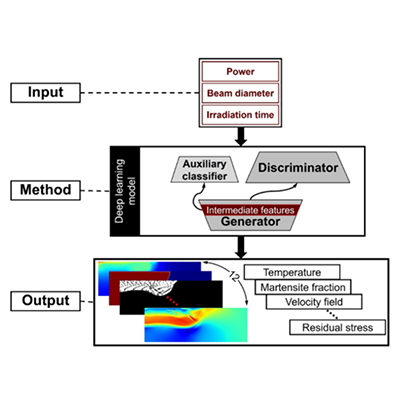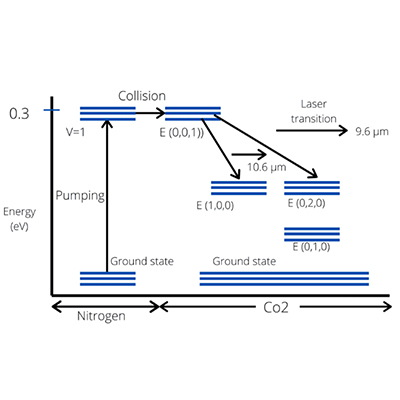- Home
- Laser Machine
- Application
- Application Industry
- Acrylic advertising medal laser cutter
- Jeans Denim Laser system solution
- Flexible Packaging Perforation and Scoring
- Fabric/Textile Industry Cutting
- Customized Gifts Laser Machine
- Heat Transfer Film/Vinyl Machine
- Arts and Crafts Laser Engraver
- Games and Toys Laser Cutter
- Laser Architectural Model Making
- LGP Light Guild Plate Laser Dotting
- Metal Laser Marking and Engraving
- Materials
- All-in-One Laser Solutions
- Co2 Laser Engraver Cutter system
- laser for Flexible Packaging
- Laser for Heat Transfer vinyl cutting
- Denim Industry Smart Laser solution
- Fabric Texitle Laser Cutting Solution
- Metal Laser Solution Cutting Welding Cleaning
- Fruit & Vegetable Box Laser Perforation Solution
- LGP Panels Laser Dotting Machine
- Laser Machine Guide For Beginners
- Successful Case
- Laser Technology
- About ARGUS
- Contact Us

























